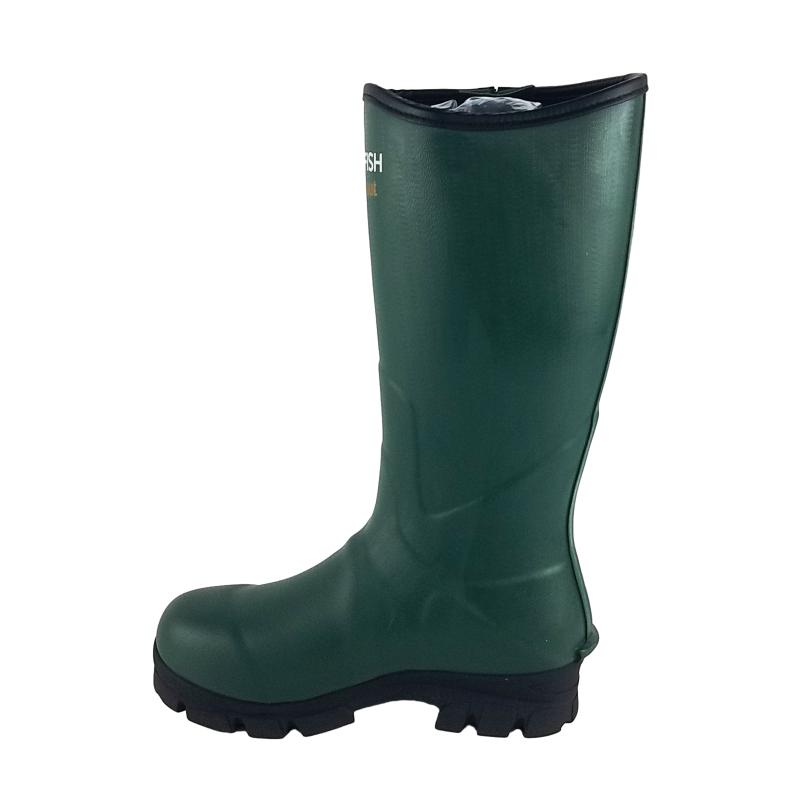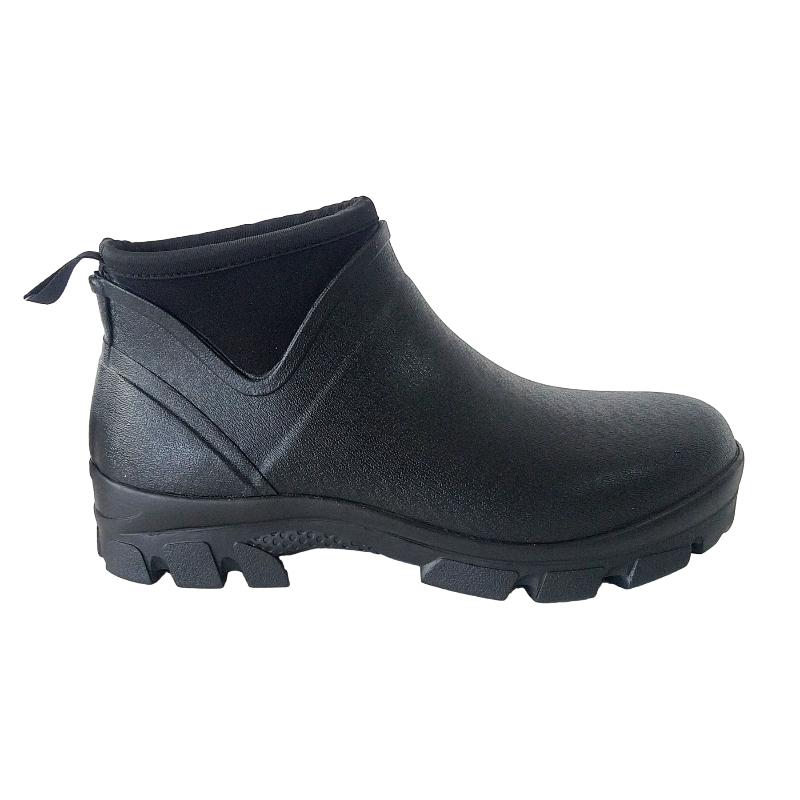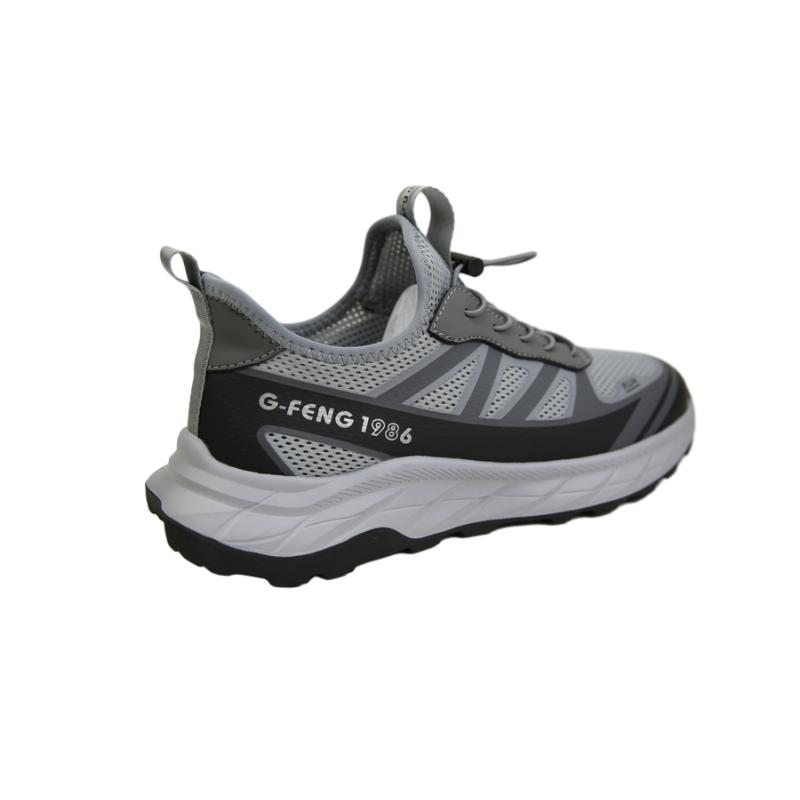Warm ice fishing boots are specifically designed to provide insulation and protection in frigid temperatures. These boots feature heavy insulation, often with materials such as Thinsulate, to keep feet warm in icy conditions. Additionally, they offer waterproofing to ensure that feet stay dry and comfortable while standing on frozen surfaces. The rugged outsoles provide traction on slippery ice, making them an essential piece of gear for ice fishing enthusiasts.






